“Why have we permitted the dominant of economic systems that commoditize everything; that create scarcity instead of abundance; that promote accumulation rather than sharing. We’ve surrendered our values to an economic system that actively harms what we love.” - Robin Wall Kimmerer
“In my mind, status is no longer how rich or famous we are. No, status is determined by how kind we are.” - Katherine Palmer
The gift economy is about relationships not transactions. If, for example, you give someone a basket of serviceberries you hand-picked, you create an exchange of energy and the opportunity to strengthen a relationship through reciprocal exchange. If you happened upon a basket of serviceberries at the grocery store, however, there is no connection or relationship, only transaction.
The best things in life really don’t cost a dime. We just need to wake up, put down the credit card and go outside, hug a friend or .
Things we chat about in this episode
How can we be participate in the gift economy while we’re neck deep in capitalism?
What can we do to be more giver than consumer? And why is this so important?
How Nature gives us everything we need - and how everything else is a total bonus.
What is enough? What would happen if people stopped at enough?
A perfect example of the gift economy unfolding in real life.
And so much more!
Cool things we reference
📕 Sound of a Wild Snail Eating - Elizabeth Tove Bailey
🎨 The Welcome Man - Emily Carr
🎭 Théâtre de l'Entrouvert - Anywhere
Actions we are inspired to take:
Manon: To participate in the gift economy by repairing my farmer friend’s jeans in exchange for eggs.
Katherine: To explore how I can go about living more in the gift economy than the capitalist economy. To learn to first be a giver and then be a consumer.
Thank you so much for listening today! We really appreciate you being here. Until then we hope you stay well and have many moments to Slow Read.
Your Friends,
Katherine and Manon
P.S. If you would like to read Serviceberry with us, please feel free to download our questions:




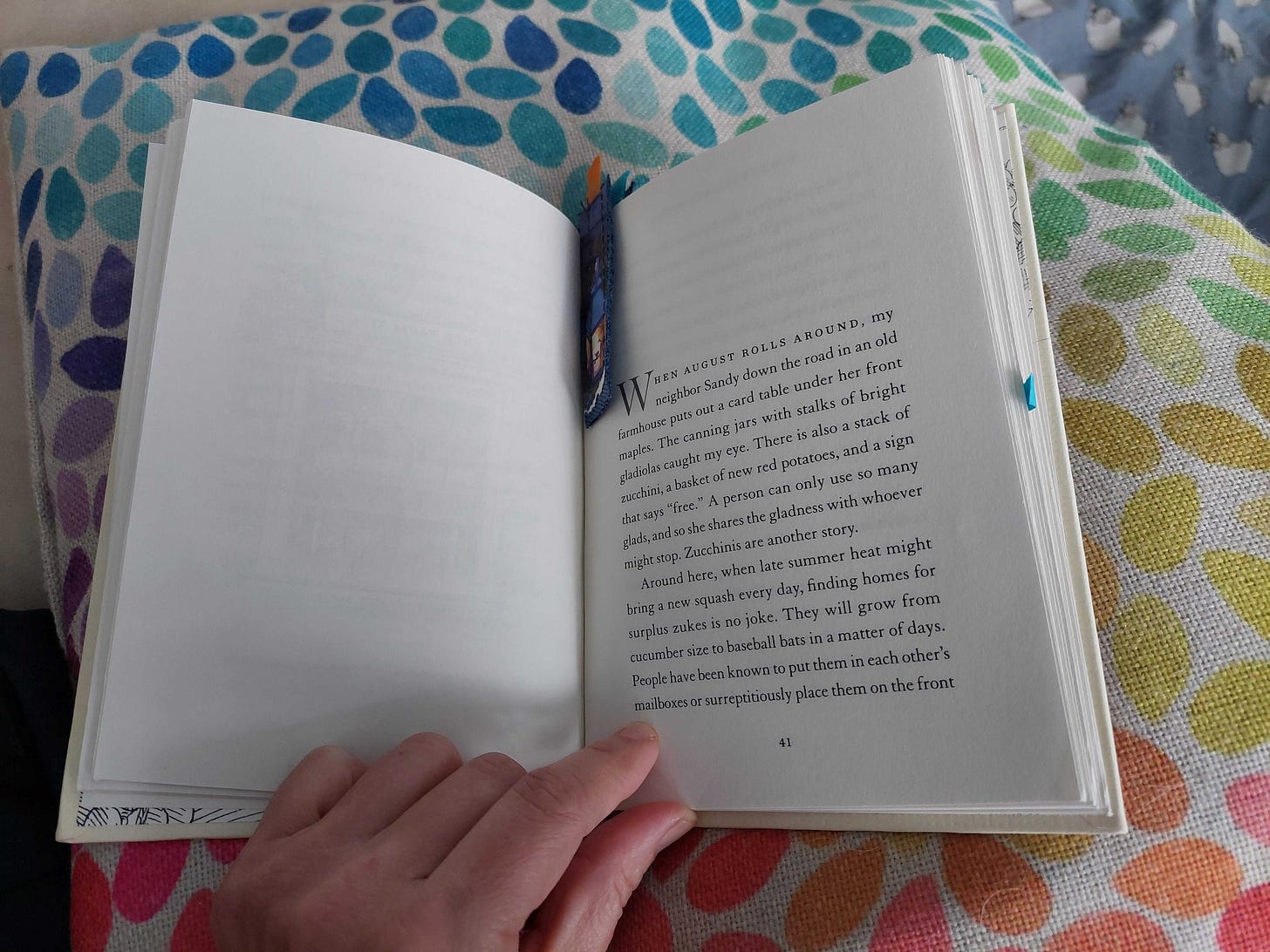




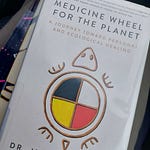
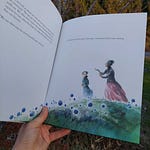
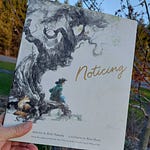
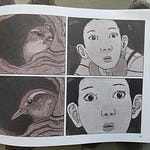
Share this post